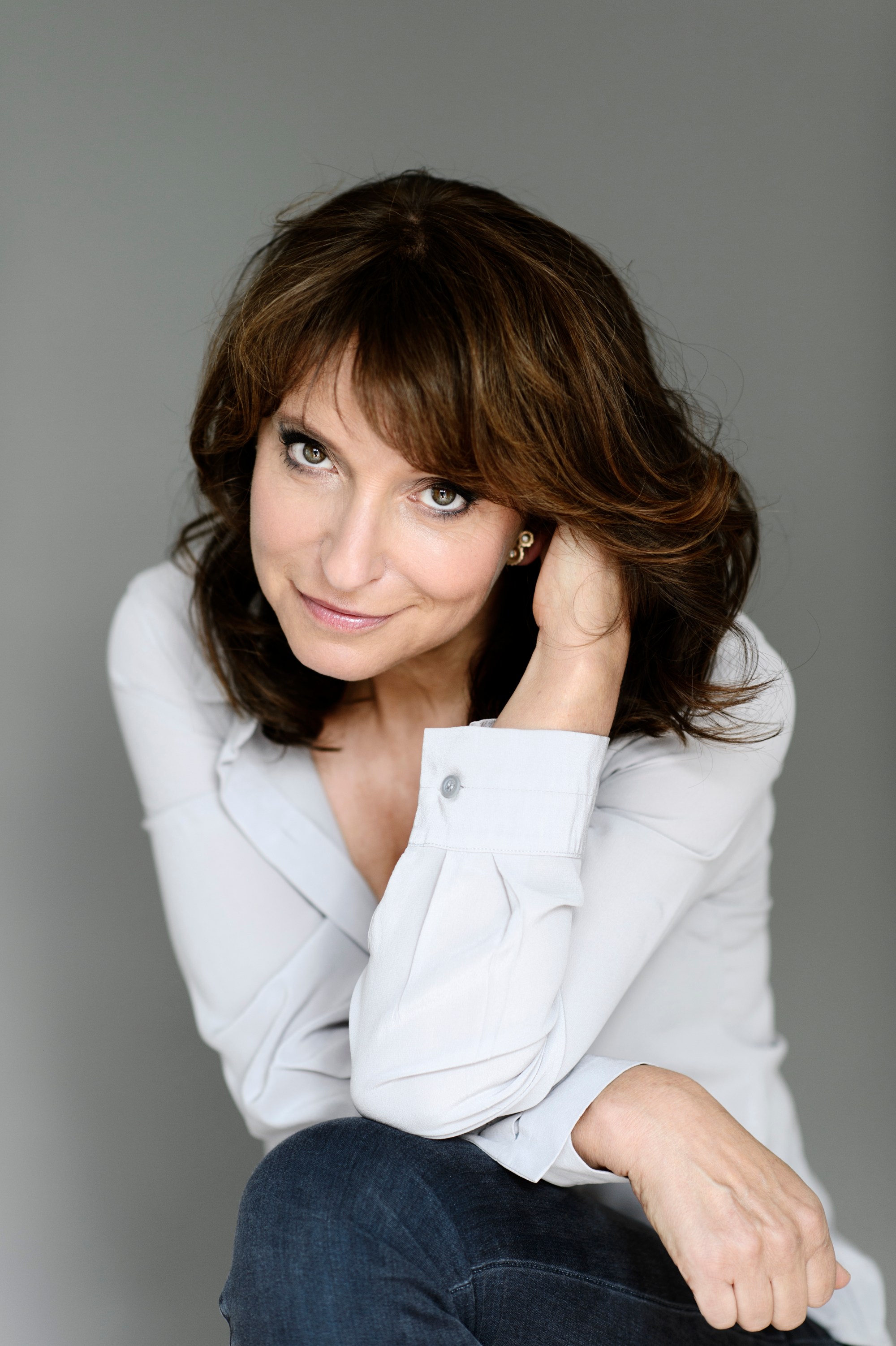
- Industry
Susanne Bier: Directing Action, Intrigue and Character
“No, being a woman does not make it more difficult to direct action sequences,” laughs Susanne Bier, dismissing the possible explanation for why studios and production companies fail to give tentpole projects to women directors. “Directing an action sequence is no different than any other part of visual storytelling. An action sequence needs to convey something that adds to the story; a long action sequence which does not add to the content of the story is not going to be of great interest – but if it is part of a thrilling chase, if there is a lot of things going on – I find it incredibly exciting. It takes accuracy but it is not that difficult,” explains the Golden Globe winning Danish director. And when you see The Night Manager it will become clear she knows what she’s talking about.
Based on a John Le Carré novel the action thriller spans the globe – Cairo, Majorca and London were just some of the exotic locales in which the series was filmed. As a female director with a mainly male crew, Bier’s only adjustment for her gender was dressing so she was covered while in certain countries. “In Morocco, there was a huge local team. I was aware. It’s one thing having a female director, but I don’t want to be offensive in not respecting some sort of physical coverage.” This no-nonsense attitude may explain why Bier has pulled off such a taut tale with action, espionage and a love triangle, and maybe studios and executives can blush brightly at not giving more women the chance to do what bias is preventing more women from participating in.
A mother of two, Susanne feels talking about the bias is a way to solve it. “The fact that I have two nice grown up children, shoot action and character, and anything else that is required, makes a statement.” She deliberately takes on the other ‘excuse’ as to why women – insert ‘mothers’ – aren’t given the chance to shoot a Marvel movie, or an action adventure, or a 007 film: “And no, I don’t think I could shoot some of what I have if being a mother wasn’t part of who I am.”
Susanne puts the exclusions down to conventionality. “It’s a fear of thinking out-of-the-box”, she says. “If the studio considers five directors and two of them are women and three of them are men, women have a different language and different way of talking but that doesn’t mean that they would be any less competent. It means whoever is part of that meeting needs to understand that because you talk about things differently from men – maybe in a less conventional way – it doesn’t mean that what you do is eventually going to be that different. They need to embrace the difference in communication and not be frightened by it.”
She elaborates: “Male directors have a language that makes it easy for them to convey how they want to do an action sequence. Women directors possibly have the different schooling and talk about it in a different way.” She tries to give a practical analogy, “If I come to set I don’t necessarily wear a waistcoat with a lot of pockets or look like I’m going to be driving a racing car (garb some male directors adopt). But that doesn’t make me any less skilled at being a director. I just have a different way of doing it. I don’t have less control because I’m not showy about it. I just do it this way. It’s a different way of being in charge. Honestly, at this point it is probably what is preventing a lot of women from getting the job, because I think that being slightly-less-noisy-in-charge, can at times be really healthy.” If you are a producer or if you are an executive, “it’s realizing that it’s a different shape – but the content is very similar.”
Tom Hiddleston, who along with Hugh Laurie and Elizabeth Debiki, stars in The Night Manager, concurs with Bier. Speaking in a separate interview he notes, “Susanne has an extraordinary rigor. If she doesn’t believe what you’re doing, she has no qualms about telling you very swiftly that she doesn’t believe it. I found it very refreshing because she just demands a deeper exploration, a deeper excavation of what you’re doing. Sometimes we would do a take and she would say ‘I don’t like it. I don’t believe it. Go again. Make it more real, more true’. It was so refreshingly direct. Another director would probably say the same thing but would preface it with lots of lovely adjectives. ‘Lovely, love what you’re doing, very interesting, fantastic. Maybe this time…’ he laughs. “They’ll sort of coax you into it, but she just told you straight, that she didn’t believe it. Her psychological acuity and her toughness with the material is I think what’s elevated it into something that’s far greater than it could have been. She was always working because she was always trying to make sure that it was thrilling and dangerous and real, and that we never stretched credulity.”
Susanne realized early on that she had to be herself and embrace her femininity to be the best director she could be. “When I went to film school I would be at a conference on a panel with a lot of male directors and in the beginning I thought I should be more like they are. Then I realized that’s not what needs to be done. What needs to be done is be oneself and be confident that your creative strength is as valuable as any of your male colleagues.”

